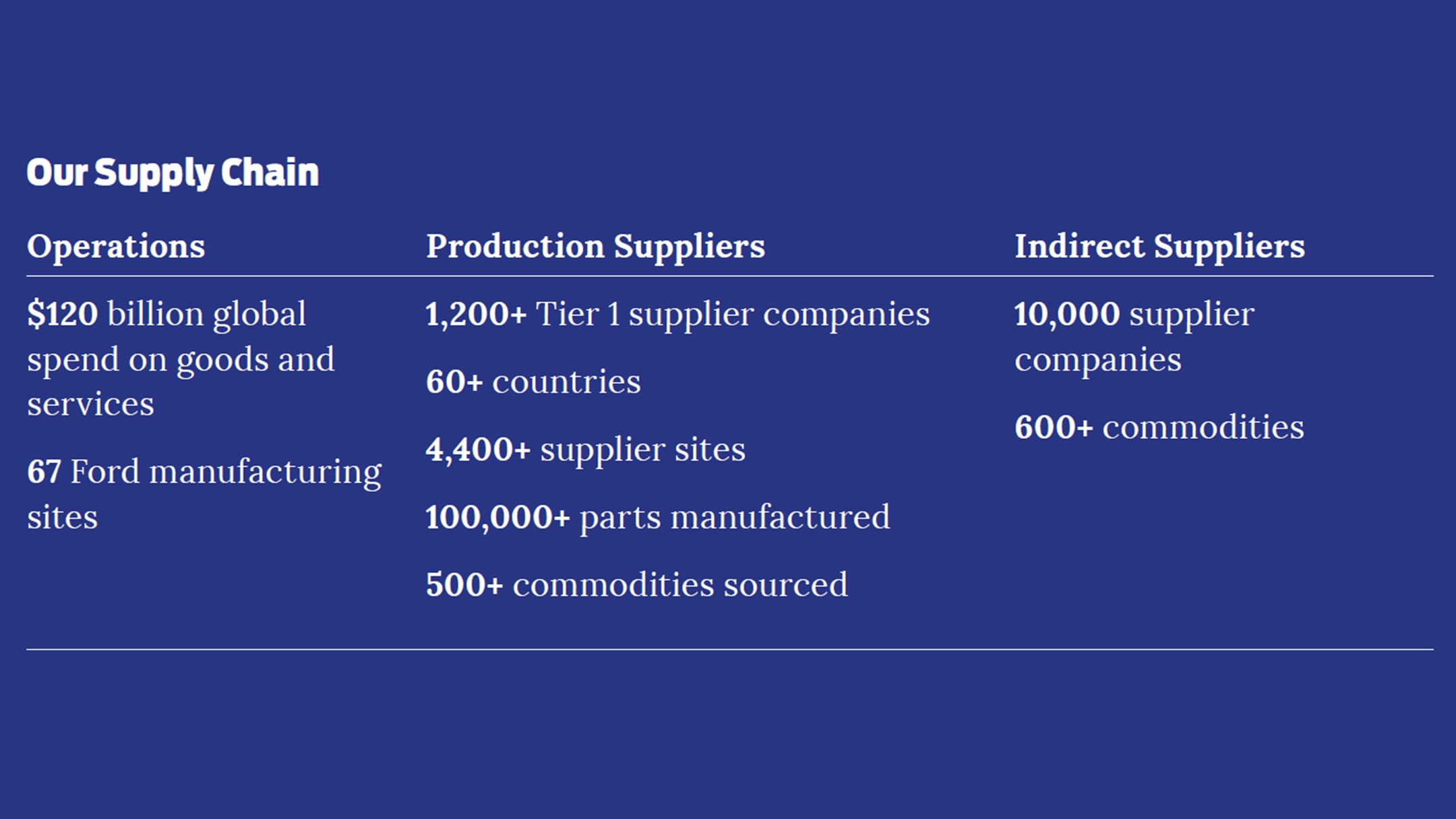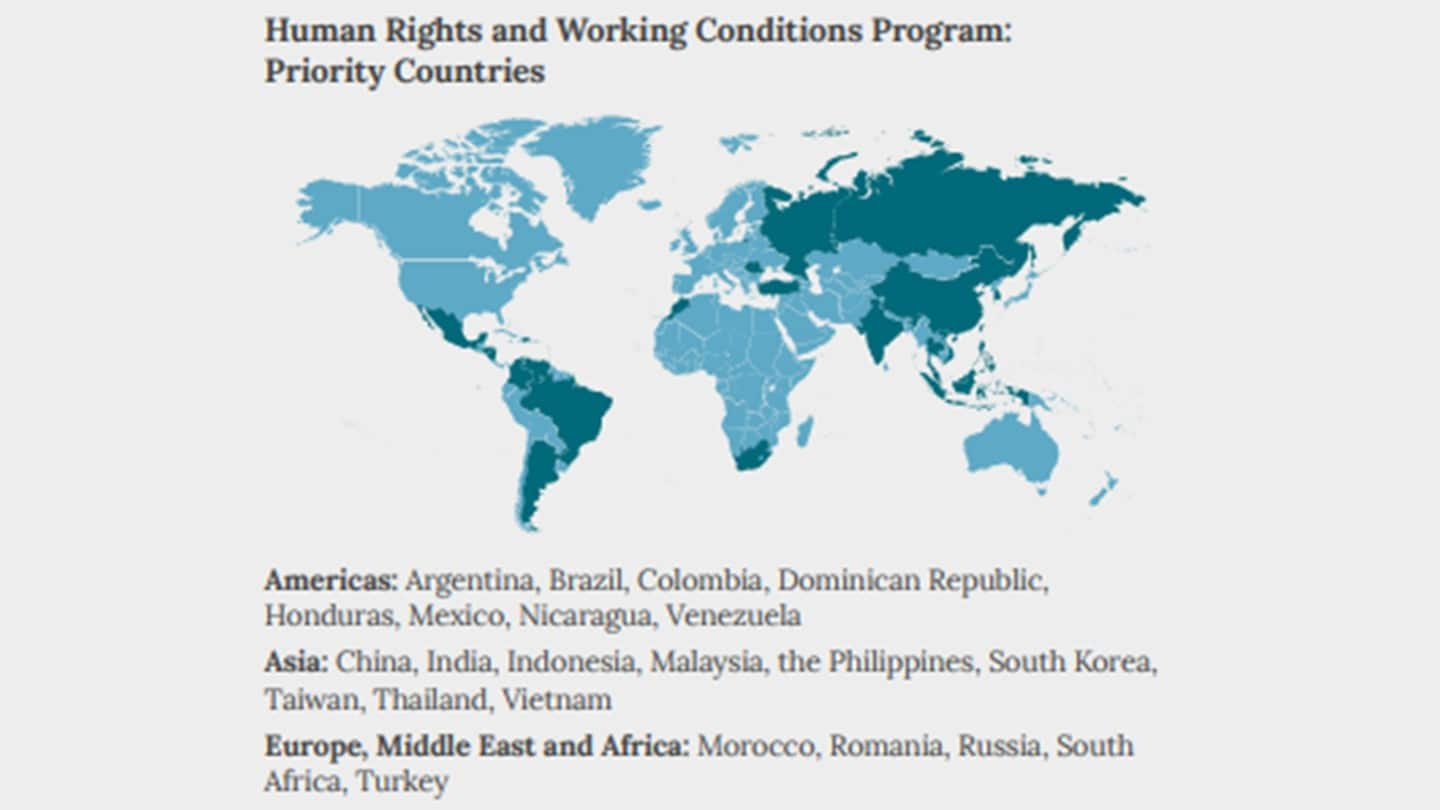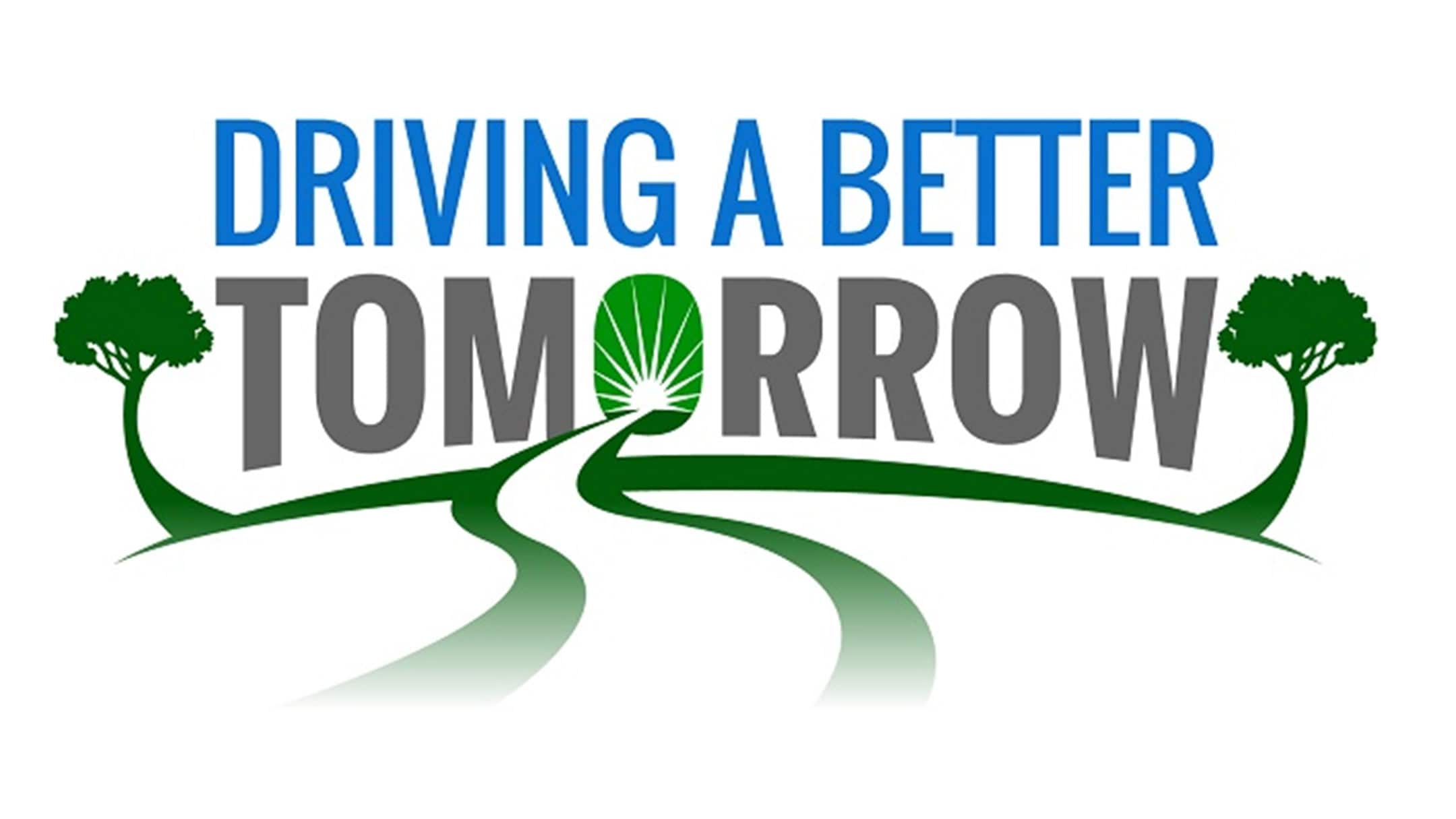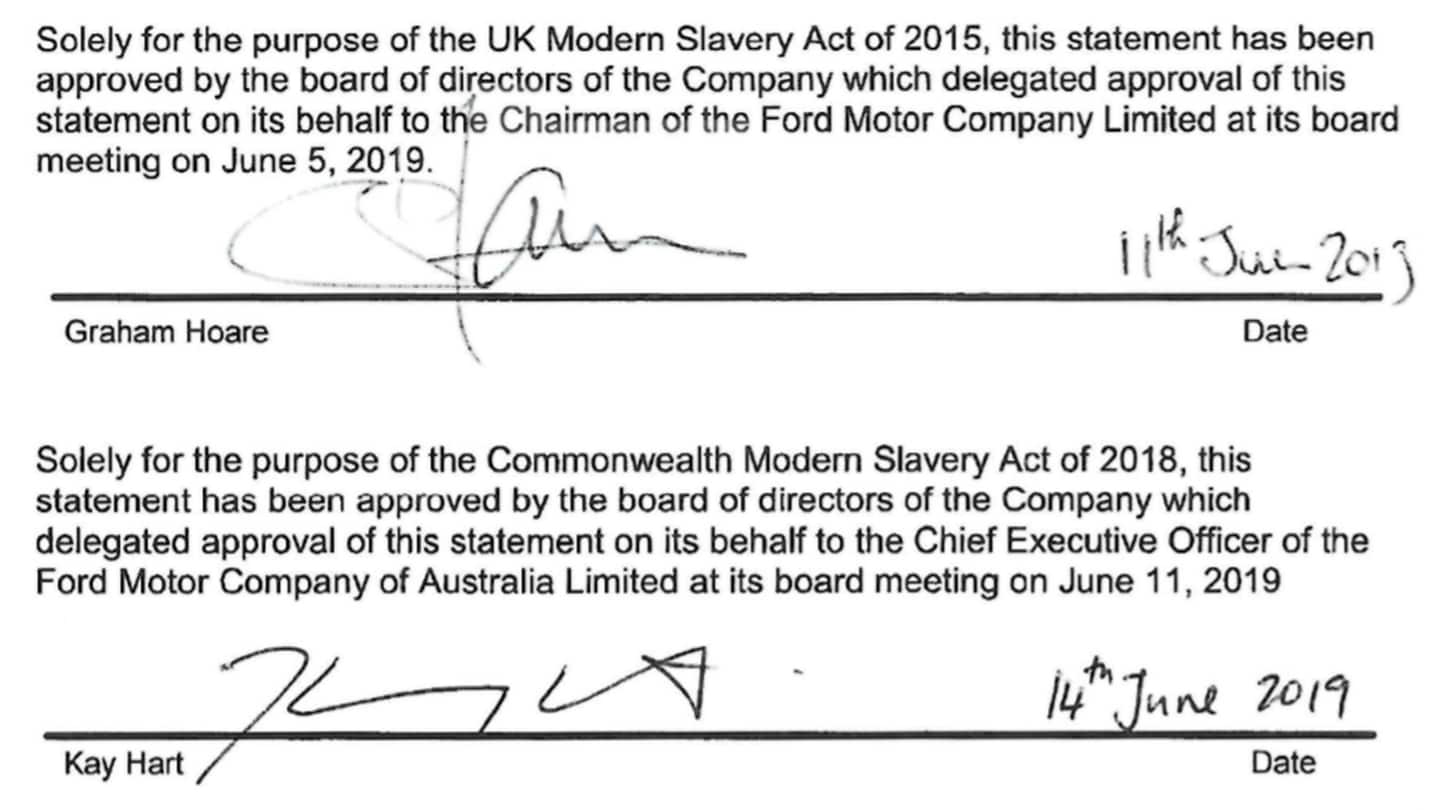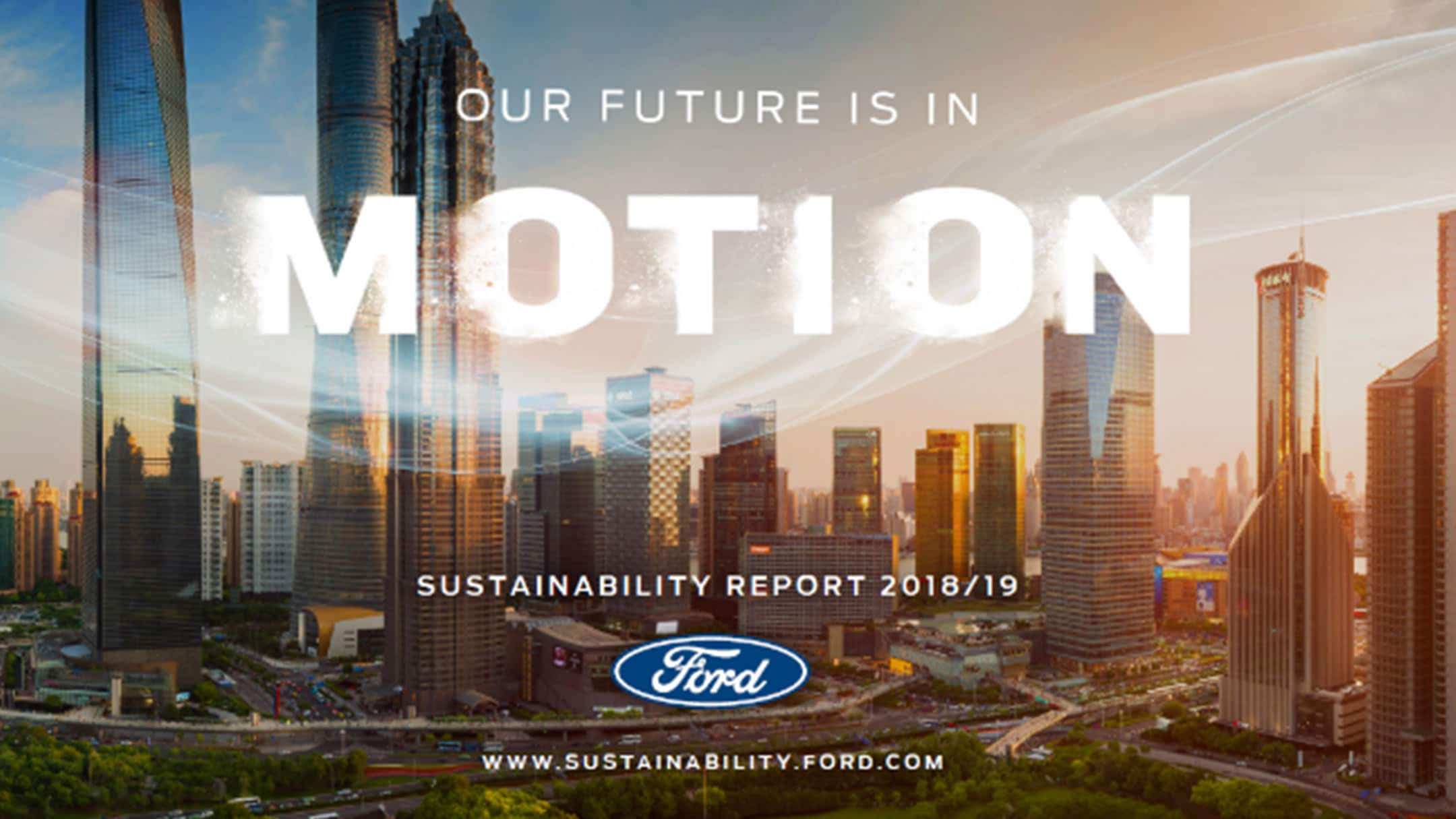Ford Motor Company Supply Chain Standards
In our standard procurement process, we issue purchase orders that incorporate our Global Terms and Conditions (GT&Cs). The GT&Cs are further supplemented by our web-guides, which expand on our expectations and suppliers' obligations on specific topics. For example, our Social Responsibility and Anti- Corruption Web-Guide outlines our prohibition of child labor, forced labor (including human trafficking), physical disciplinary abuse and any infraction of the law. Our Environmental Web-Guide sets out environmental requirements, including the elimination of materials of concern and increasing the use of sustainable materials whenever technically and economically feasible.
Internally, we have adopted Policy Letter 24, our Code of Human Rights, Basic Working Conditions and Corporate Responsibility, to address workplace issues such as working hours, child labor, forced labor, nondiscrimination, freedom of association, health and safety and the environment. This policy applies to our own operations, and we encourage businesses throughout our supply chain to adopt and enforce similar policies in their own operations. Furthermore, we seek to identify and do business with companies that have aligned standards consistent with Policy Letter 24, including working to cascade these expectations throughout their own supply chain.
Our GT&Cs forbid the use of forced labor, child labor and physically abusive disciplinary practices. Ford requires suppliers to certify compliance with applicable laws and the GT&Cs that govern the purchase of goods and services. We reserve the right to terminate our relationship with a supplier if issues of noncompliance with our policies are discovered and/or noncompliance is not addressed in a timely manner.
